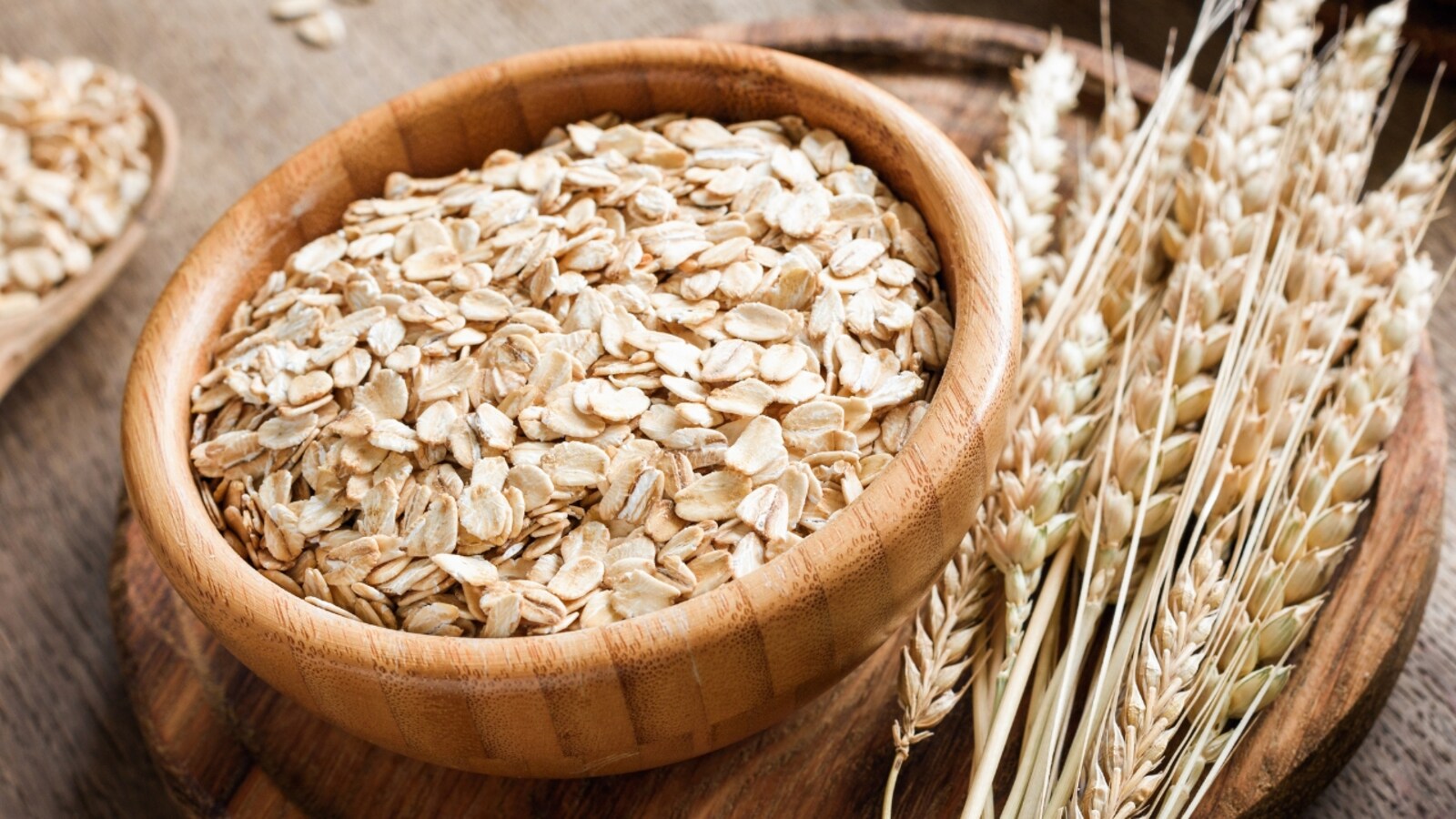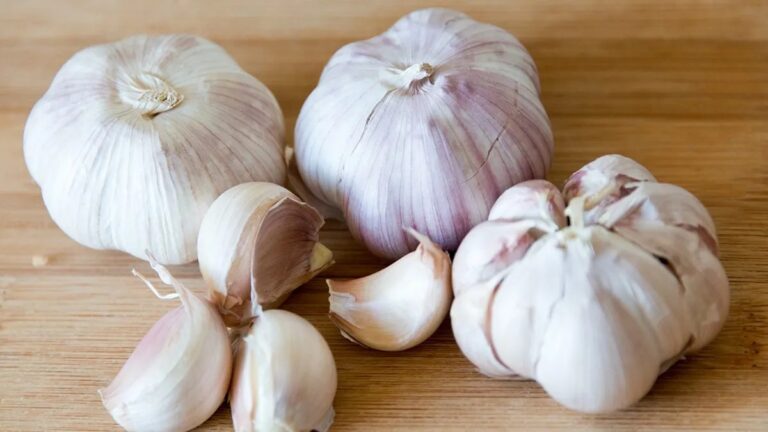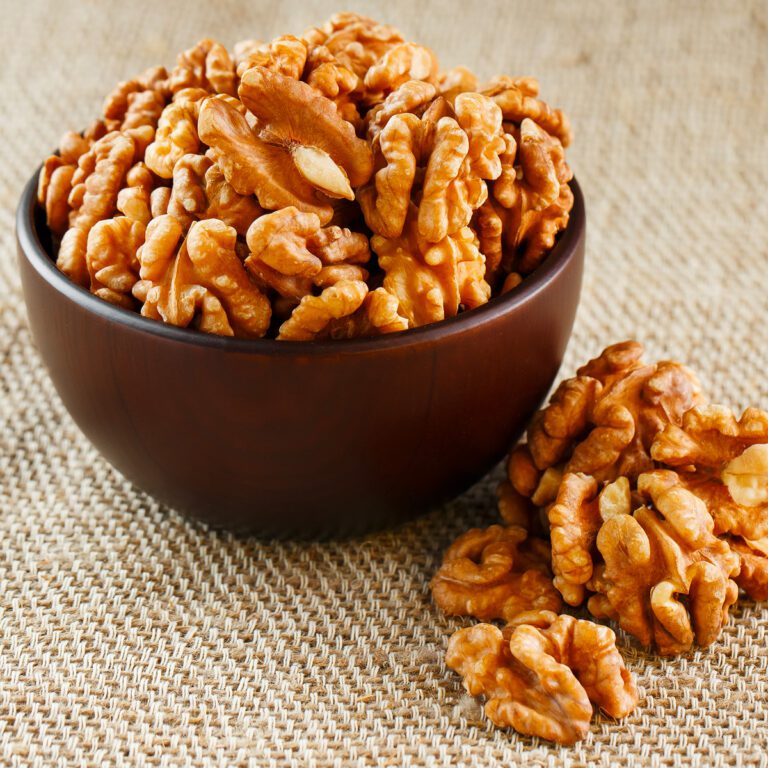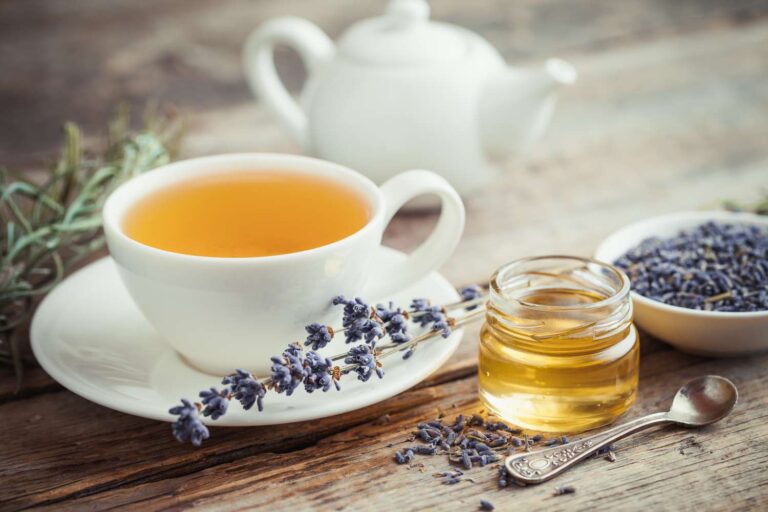The Mighty Oat: How This Humble Grain Powers Your Day with Lasting Energy, Focus, and Health

When it comes to superfoods that deliver long-lasting energy, sharp focus, and numerous health benefits, oats stand tall. Whether in the form of warm porridge, overnight oats, smoothies, or granola bars, oats are a nutrition powerhouse that can transform your daily diet.
In this article, we’ll dive deep into why oats are considered one of the best energy-boosting foods, explore their nutritional profile, explain how they support brain function and digestion, and offer tips for incorporating them into your meals—plus a few delicious recipes to try.
What Are Oats?
Oats are a whole grain food scientifically known as Avena sativa. They are most commonly rolled or crushed into oatmeal or ground into oat flour. Oats are widely cultivated in temperate regions and are known for their versatility, mild flavor, and significant health benefits.
Types of Oats:
- Whole oat groats – the most unprocessed form.
- Steel-cut oats – chopped whole groats, with a chewy texture.
- Rolled oats – steamed and flattened for quicker cooking.
- Instant oats – pre-cooked and dried for the fastest prep time.
Each type varies slightly in texture and cooking time but retains most of the essential nutrients.
Nutritional Breakdown of Oats
Oats are incredibly nutrient-dense. Here’s what you get in a 1-cup serving of cooked oats:
- Calories: 154
- Protein: 5.4 grams
- Fat: 2.6 grams
- Carbohydrates: 27 grams
- Fiber: 4 grams (especially β-glucan)
- Iron, magnesium, phosphorus, zinc, folate, and B vitamins
Key Components:
- Complex Carbs: Slow-digesting for sustained energy.
- Soluble Fiber (β-glucan): Improves heart health and digestion.
- Plant Protein: Supports muscle repair and metabolism.
- Antioxidants (Avenanthramides): Reduce inflammation and blood pressure.
How Oats Boost Energy and Focus
Oats provide slow-release energy, making them ideal for breakfast or midday snacks. Here’s why they’re so effective:
1. Low Glycemic Index (GI)
Oats break down slowly in the digestive system, leading to stable blood sugar levels. Unlike sugary cereals or white bread, oats won’t cause energy crashes, which helps maintain mental clarity throughout the day.
2. Brain-Boosting Nutrients
Oats are rich in B vitamins, especially B1 (thiamine), B5 (pantothenic acid), and B6—all vital for cognitive performance and reducing brain fog. Iron and magnesium improve oxygen flow to the brain, which enhances concentration.
3. High Fiber for Digestive Health
The β-glucan fiber in oats creates a gel-like substance in the gut that slows digestion, prolongs satiety, and stabilizes energy output.
Oats and Heart Health: A Double Win
One of the standout benefits of oats is their effect on cardiovascular health. The soluble fiber helps lower LDL (bad) cholesterol by trapping it in the digestive tract and eliminating it from the body.
Research Says:
A study published in the American Journal of Clinical Nutrition found that consuming oats daily can reduce LDL cholesterol by up to 7%—significantly lowering the risk of heart disease.
Oats vs Other Carbohydrates
Let’s compare oats with other common breakfast choices:
| Food Item | Glycemic Index | Fiber (g) | Energy Duration |
|---|---|---|---|
| Oats | Low (55) | 4 | Long-lasting |
| White Bread | High (75) | <1 | Short-term burst |
| Sugary Cereal | High (70–90) | 1–2 | Crash-prone |
| Brown Rice | Medium (68) | 2–3 | Moderate |
Clearly, oats stand out as a smart, steady fuel choice.
Surprising Benefits of Oats
Beyond energy and brain support, oats offer numerous other advantages:
1. Weight Management
The fiber keeps you full longer, reducing unnecessary snacking and promoting a calorie deficit.
2. Better Skin
Oats contain avenanthramides, powerful antioxidants that soothe skin. That’s why oats are often used in natural skincare products.
3. Blood Pressure Regulation
Oats help regulate blood pressure due to their magnesium content and anti-inflammatory compounds.
4. Support for Gut Microbiome
The soluble fiber in oats acts as prebiotics, feeding beneficial bacteria in your gut and enhancing digestive health.
Easy Ways to Add Oats to Your Diet
1. Classic Oatmeal
Cook rolled oats with milk or water, and top with bananas, berries, and a dash of cinnamon.
2. Overnight Oats
Mix oats, yogurt, chia seeds, and almond milk. Let sit overnight in the fridge. Add honey or nuts in the morning.
3. Oat Smoothie
Blend oats with banana, peanut butter, and protein powder for a powerful breakfast drink.
4. Oat Pancakes
Use oat flour instead of wheat flour for a gluten-free, high-fiber twist on traditional pancakes.
5. Oat-Based Energy Bars
Combine oats, dates, nut butter, and seeds for a DIY grab-and-go energy bar.
Common Myths About Oats—Debunked
❌ Oats are high in carbs and bad for you
Fact: Oats contain complex carbs that are slow-digesting, keeping blood sugar stable and energy levels steady.
❌ Only steel-cut oats are healthy
Fact: All types of oats offer similar health benefits. It’s about personal preference and convenience.
❌ Oats are bland
Fact: With the right toppings—like fruit, spices, nuts, or natural sweeteners—oats can be incredibly flavorful and satisfying.
Who Should Be Cautious with Oats?
While oats are gluten-free by nature, they’re often processed in facilities that handle wheat. Those with celiac disease or severe gluten sensitivity should look for certified gluten-free oats.
Conclusion: Make Oats Your Daily Fuel
Whether you’re an early riser needing a brain-boosting breakfast or someone looking to reduce cholesterol and manage weight, oats are one of the most versatile and beneficial foods you can add to your daily routine.
Packed with essential nutrients, fiber, and antioxidants, oats are more than just a healthy carb—they’re a complete food that supports energy, focus, heart health, and digestion.
Oats may be humble, but their nutritional power is impressive. Rich in fiber, vitamins, minerals, and antioxidants, oats support steady energy, sharpen focus, and contribute to heart and digestive health. By incorporating oats into your daily meals, you’re making a simple yet powerful investment in long-term wellness and vitality. 🥣💪





